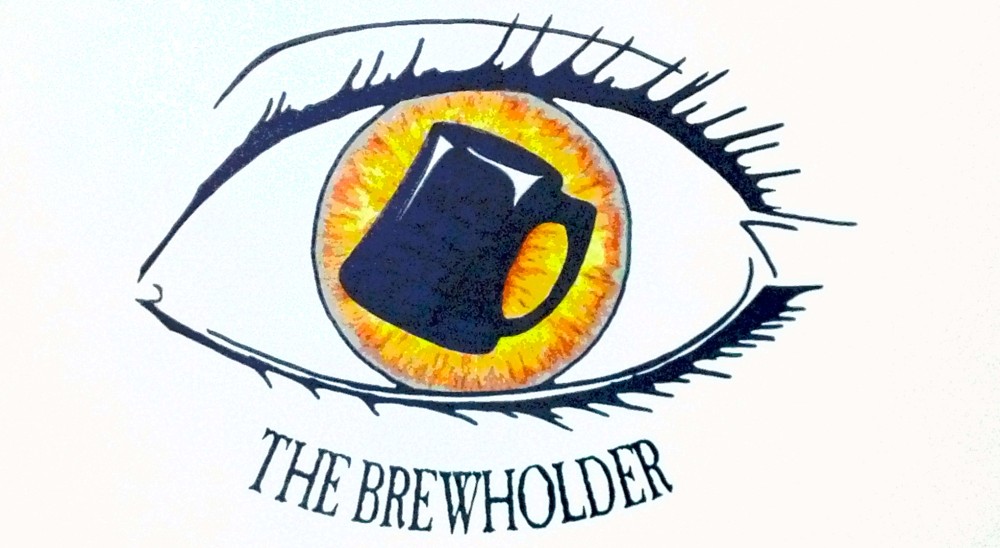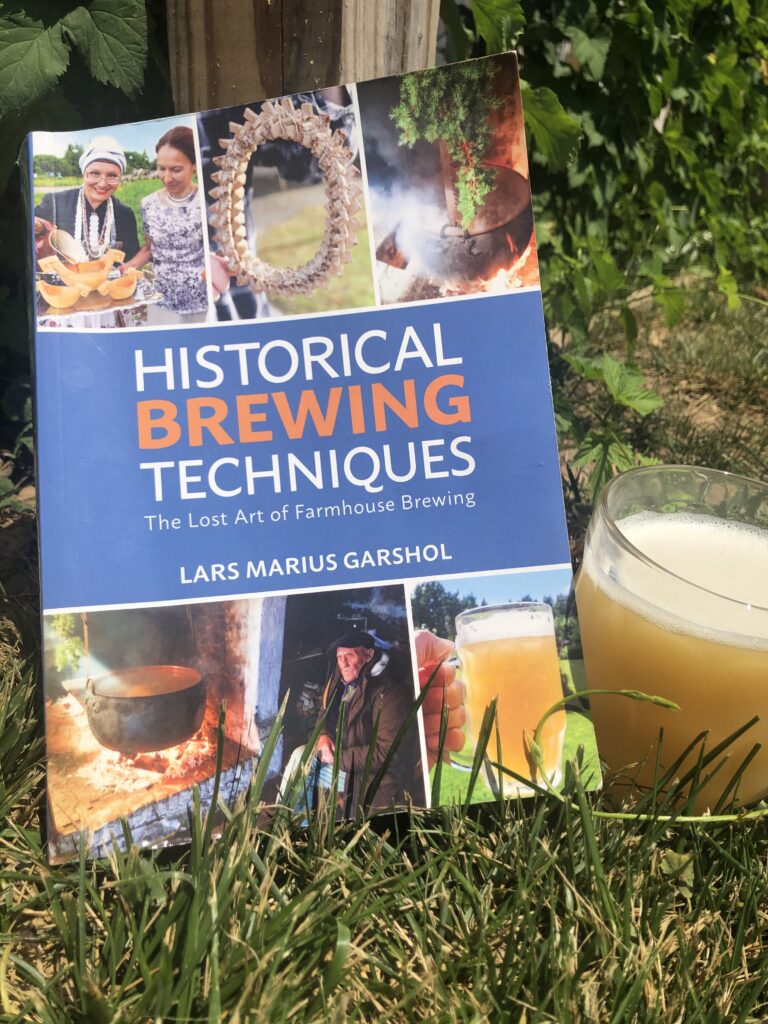
As a homebrewer, I’m always looking for something new and exciting to brew. But suggest to me that I should try a Brett beer or a sour? No way! I’ve heard too many times that those delicious but risky bugs could cause a real problem with my equipment and other beers! But no longer – Jaega Wise’s book, Wild Brews, provides tips and tricks on homebrewing using wild fermentation techniques that even I would feel comfortable trying!
Wise is the head brewer at East London’s Wild Card Brewery, a qualified chemical engineer, a beer sommelier, a TV presenter, and one of the U.K.’s experts in wild fermentation. In Wild Brews, Wise provides a summary of the brewing process, a high level review of each of the four ingredients of beer, and discusses the “wild” styles of beer – Farmhouse Ale, Saison, IPA, Gose, Berliner Weisse, Flanders Red, Oud Bruin, Lambic, Old Ale, and Gueuze; all written with a fantastic balance between homebrewer and chemical engineer. Even if you’ve been homebrewing for a few years, her take on the process is a great refresher.
Brewing with Lactobacillus or Brettanomyces can seem to be a complex and daunting task for the average homebrewer, but Wise’s recipes for each of the wild styles are included in the book and all provide her expert guidance that can help homebrewers overcome their hesitation to give wild brewing a try. For example, when brewing a Flanders Red, if you don’t feel like the beer has enough acetic acid flavor, Wise suggests, “blend in a small quantity of malt vinegar prior to packaging.” It can be that simple. But what happens if your beer doesn’t turn out just right? Wild Brews also includes a chapter called “When Things Go Wrong” that helps you troubleshoot off flavors and hopefully fix the beer.
Overall, Wild Brews is a great read for both new and experienced homebrewers who want to give wild brewing a try. The hardcover book includes beautifully shot photos, including several close-ups of foamy fermentation in action and clean graphic illustrations. I would recommend adding Wild Brews to any homebrewer’s library.
Wild Brews is published by Kyle Books (kylebooks.com) and will be available June 28, 2022.
Cheers!
The Brewholder
Copyright 2022 – all rights reserved.

